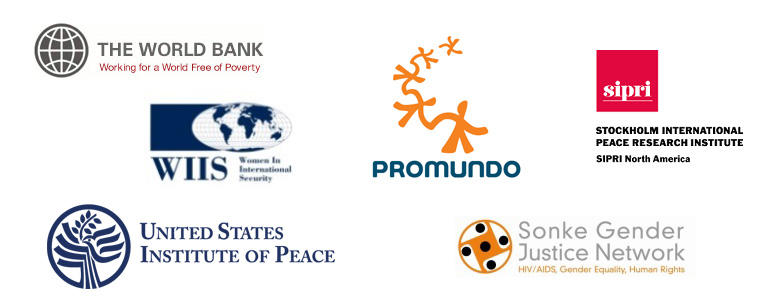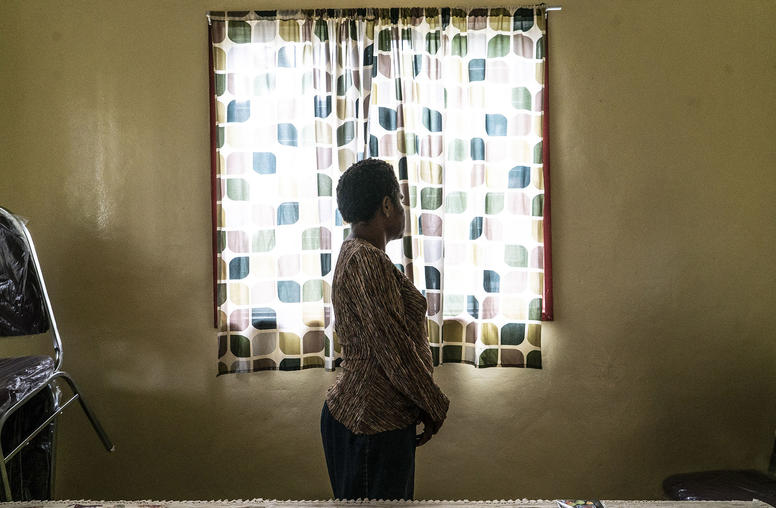Men, Peace, and Security Symposium: Agents of Change
Read the Event CoverageThe U.S. Institute of Peace (USIP), The World Bank, Stockholm International Peace Research Institute (SIPRI) – North America, Women in International Security (WIIS), Promundo – US, and Sonke Gender Justice co-hosted a symposium titled Men, Peace & Security: Agents of Change at USIP on October 28-30, 2013. This symposium aimed to better understand how the ascribed norms of men and masculine identities contribute to, and may even help mitigate, violent conflict and post-conflict.

From October 28 to 30, 2013, the U.S. Institute of Peace (USIP), The World Bank, Stockholm International Peace Research Institute (SIPRI) – North America, Women in International Security (WIIS), Promundo – US, and Sonke Gender Justice co-hosted a symposium titled Men, Peace & Security: Agents of Change at the USIP headquarters in Washington, DC. The event consisted of a two-day symposium followed by an optional one-day training course, bringing together scholars, policymakers, practitioners and military and security personnel from around the world.
This symposium explored how the ascribed norms of men and masculine identities contribute to, and may even help mitigate, violent conflict and post-conflict. It builds upon and complements the U.N.’s Women, Peace, and Security agenda, especially as seen through Security Council Resolution 1325. In addition, the symposium served to initiate the development of a “community of practice” and applied a gender lens to broader issues of peace and human security.
We are pleased to announce that through coordination with ARTWORKS Projects and funding from The World Bank, USIP and its partners have created a 10-minute video that will serve as a way to communicate and highlight internationally the main takeaways and key issues covered in the two-day symposium, “Men Peace and Security: Agents of Change.”
Click here to view an agenda of this event.
View photos from this event!



